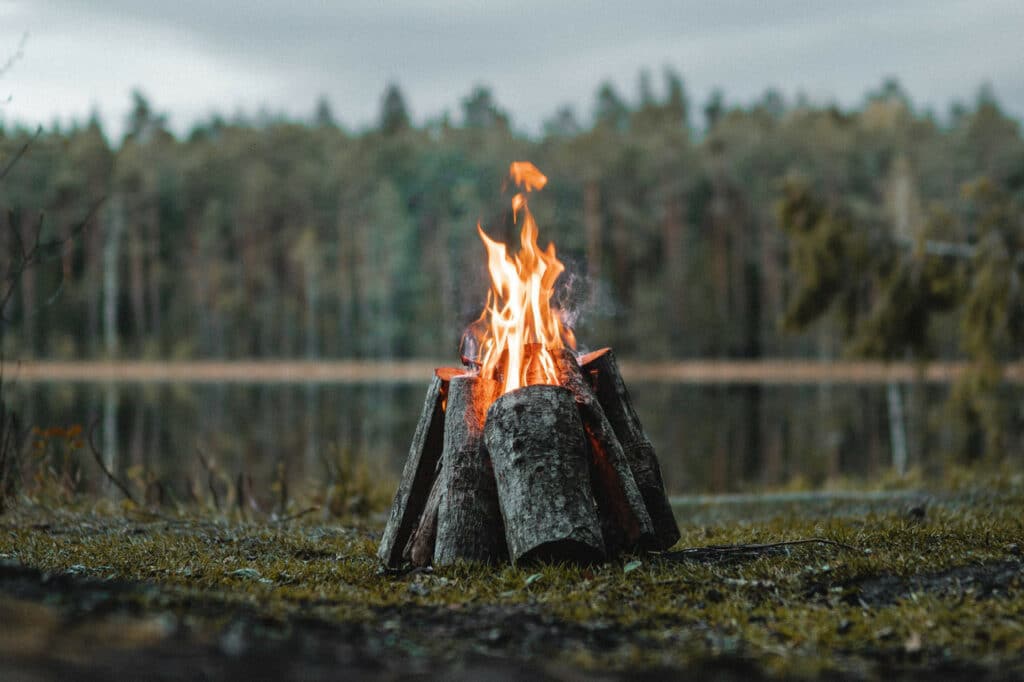As parents, we know what it’s like to hold plenty of responsibility, pressure, and stress. Sure, we have careers and social obligations, but kids experience their own share of stress as they grow up and navigate life.
Children are constantly taking in new information, being tested in school, trying to make friends, and going through awkward phases. If that weren’t enough, imagine experiencing all of it in the midst of a two-year-long pandemic. During the COVID era, kids have experienced isolation and anxieties like never before, while being constantly “plugged in” to smartphones and computer screens.
So, how can kids tackle these types of challenges and still be able to thrive (that is, make meaningful connections, learn effective problem-solving, and explore interests)? The answer is resilience.
Resilience is what allows us to bounce back from difficult challenges, continue to seek out positive experiences, and problem solve. Contrary to popular belief, resilience isn’t just learned from failure or turmoil. Resilience also comes from experiencing success, receiving emotional support, learning from mistakes, and being equipped with skills.
The most comprehensive, all-inclusive resource for these methods of support and more? Easy… summer camp! Here are our top five suggestions for developing resilient kids, which can all be achieved through attending summer camp:
1. Avoid eliminating all risks.
According to PsychCentral, eliminating all risks compromises building resilient kids, and exposure to appropriate risks is what will teach them essential life skills.
At Camp Quinebarge, campers practice this through different types of activities. Campers are challenged to try new things with a group of peers they may not know. Aside from the activities themselves, they take risks when they insert themselves into group activities or decide to befriend someone. Our drama program requires kids to take healthy risks by performing in front of the rest of camp. Perhaps the most obvious example is first-time campers living away from home for the summer with a new group of people.
2. Make the most of small challenges.
Our many activities also present manageable challenges that require the discovery and practice of physical and mental skill sets.
Quinebarge fosters a sense of exploration, creativity, and growth. We learn about their goals and needs to help them achieve those goals. Whether it’s to hit a bullseye in archery, pass a swim test, make new friends, tackle homesickness, or tell a great joke to a large audience, our staff listens to our campers each day and gives them the encouragement they need every step of the way.
3. Teach them to problem-solve.
Part of helping kids to work through challenges is to walk them through options of how to address them.
The Quinebarge team of qualified, passionate, and experienced staff makes it a point to provide individual attention to each camper and understand their unique needs and interests. This allows for effective communication while working towards every camper’s goals.
When a camper feels challenged, they can depend on our staff to offer guidance, encouragement, and helpful questions to help them reach a solution.
4. Help your child become flexible and adaptable.
At summer camp, kids bunk with multiple peers. Oftentimes, meeting campers with different backgrounds teaches them something new about new places, habits, and perspectives. It also teaches them how to co-exist with different personalities. These are invaluable lessons, and learning them at an early age will benefit kids as they grow into adolescence and adulthood.
5. Give kids a chance to practice their life skills.
Quinebarge campers choose their own activities on a weekly basis and have the opportunity to try something new each week. They attend four chosen activities, plus a swim lesson daily, with lots of time for bonding with their friends and cabin groups.
This means that every day, our campers get to pick the activities that make them the happiest! This also means that – in addition to all of the other activities and challenges we’ve mentioned thus far – campers actively practice their time management and decision-making skills, as they’re responsible for choosing what to do with their time each day.
We can’t always be there to hover over our kids, but we can equip them with confidence and important life skills that build resilience. If you’re not sure where to start, enroll your child in camp this summer to give them the opportunity to grow, make lifelong friends, and explore healthy challenges.
Since 1936, Camp Quinebarge has provided a safe, fun, and exciting environment for boys and girls ages 6-16 to learn about themselves and each other and make everlasting friendships. We achieve these goals by fostering a spirit of growth and exploration. Learn more about Camp Quinebarge

